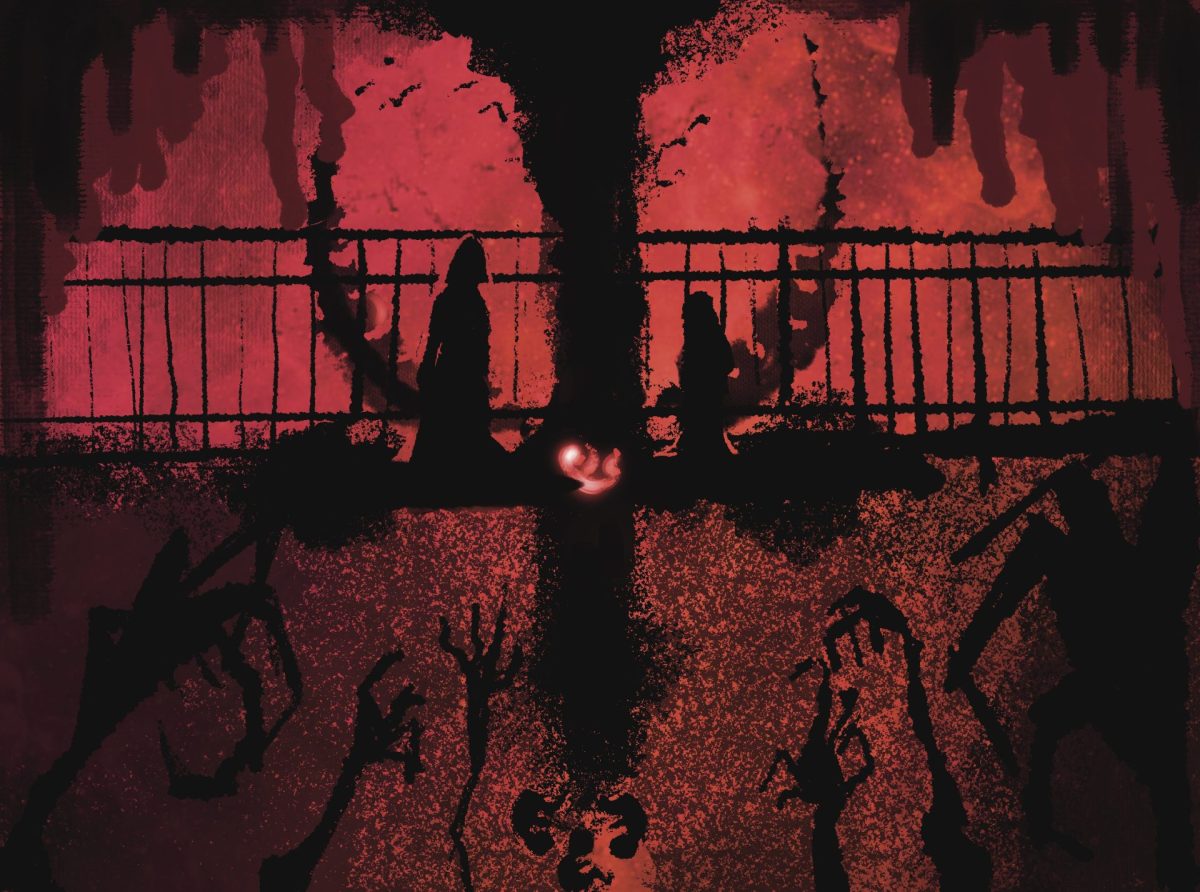The mysterious Internet subculture, with roots in Chicago, that’s home to the next generation of groundbreaking writers
On a cloudy Wednesday afternoon, Heiko Julien sits on the floor of Rachel “Pattycake” Bell’s Chicago apartment, iPhone to mouth, face to laptop. He is recording readings of several original poems — stream of consciousness prose about imagined conversations with Maury, banter with a date, or simply a list of actions.
“Communicates with Devil. Fills bowl with milk. Rides bike through rough neighborhood. Makes offering of one’s self. Escalates tension.”
Bell and Julien are two writers associated with alt lit (short for “alternative literature”), a name given to a loosely-defined conglomeration of artists whose work is for the most part published online. Depending on who you ask, alt lit is either fascinating or pointless, either a contemporary version of the Beats or a bunch of whiny kids who spend too much time on computers. What is certain is that, since its pseudo-inception about four years ago, the alt lit scene has given talented, convention-shedding writers a captive audience and a vibrant community in which to grow and share their work. It has risen from dead-end hyperlinks and parody twitter accounts to wide acclaim and attention in mainstream media.
Even the writers I spoke to had a hard time characterizing alt lit, and felt uncomfortable speaking for the whole of the community. Built on the fleeting nature of internet culture, the scene is hard to define in certain terms, and impossible to describe without generalizing or leaving out certain parts.
“It’s been heavily contested within the alt lit community what it is,” Bell explained to me the first time we met, at a coffee

shop near her apartment. She was battling a cold, and her words came between intermittent sniffles and were masked by congestion. “If I wanted to get technical about it, it is poetry and creative writing that is heavily derivative from the internet.”
An Indianapolis native, Bell moved to Chicago after high school with the intention of becoming involved in the city’s thriving literature scene. She attended DePaul from fall 2011 until 2012, when she withdrew for financial reasons. She describes herself as “inherently social,” and as a kid, often had her internet usage curtailed by her father. Her discovery of the then-nascent alt lit scene while still in high school proved very serendipitous for her. She recalls stumbling upon the Facebook profile of fashion blogger Bebe Zeva, where uploaded images had threads of thousands of comments, in which people were “hanging out.” The idea of using the internet as a global meeting place clicked with Bell at that point, and from there she become more and more engrossed in disparate internet subcultures.
While Bell was yet to become fully involved with the growing online literature scene, Michigan-born writer Steve Roggenbuck was poised to turn it into a thriving community. I contacted him via email to get his perspective on how alt lit evolved from comments sections into a something like a movement.

“I was a poet interested in using social media to build a community of excited young readers around my own work,” Roggenbuck said. “i had been working on my writing for about 4 years when i found Tao Lin’s work, which i thought was really compelling and similar to what i wanted to do, in ways.”
The aforementioned writer Tao Lin, then just another up-and-coming writer like Roggenbuck, became essentially the face of alt lit, and perhaps the most successful writer to emerge from the scene. Lin has published numerous books, most recently the autobiographical “Taipei,” which, as the first work by an alt lit writer to gain wide visibility, propelled him to something approaching mass appeal. Lin achieved this feat through relentless self-promotion, most notably drawing the ire of the likes of New York gossip blog Gawker by plastering their office doors with his own promotional stickers. (Lin was reached for comment on this story but declined.)
Like any other young writer, Roggenbuck was allured by the potential audience that the alt lit scene offered.
“My community involvement was driven at first by that desire to share my own work and find an audience for it,” he said. “the term “alt lit” wasn’t being used yet, but the sense of community was exciting even at that point, back in 2010.”
Alt lit writers do not publish a majority of their work, but rely on social media and personal blogs to deposit most of their material. Bell and others consider their tweets and Facebook statuses part of their creative output, and take advantage of the large audience it enables them to reach.
“I used to use Facebook like a normal person,” Bell said. Posting poetry, snippets of stories or simply stray thoughts in a status or tweet is at once practical and personal.
“That’s what’s so great about this internet community,” she said. “You get feedback right away. Instant gratification.”
That pair of words — “instant gratification” — has become a catchphrase for critics of the millennial generation. Many see the “over-sharing” that it fosters as narcissistic and pointless, but alt lit turns this commentary on its head. These miniature poems that Bell and others create are special in their biting poignancy, random musings that turn into profound, meaningful insights.
“Always keep a roll of toilet paper in the front seat of your car,” one such status by Bell begins. “When you run out, you won’t have to go to the store right away. When driving it’s ok to cry.”
The honesty of alt lit was what originally attracted Bell to the scene. “I’ve always been very open about stuff,” she explained. “Like I said, part of what drew me to alt lit was the motif, or the theme of oversharing … Someone Facebook messaged me and asked me ‘what do you write about?’ — people ask me that all the time. I told them I write about affection and the universality of emotion.”
For Bell, the best thing about the instantaneous communication is feedback from readers.
“I think if I write something, and somebody I’ve never met in my life, who lives on a different continent — if it makes them think about a time they felt similarly, that’s success – I’m writing something good,” she said.
Another major facet of the community is the concept of “boosting,” or helping to create and support one another’s art. Bell remarked that one perk of being part of a large online community is the access to a virtually international support network. If anyone needs a place to crash while on tour, they need look no further than their address book.
“[My current boyfriend] and I are always talking about how we wanna go traveling, and I have this great tool at my dispense,” she said. “If I wanted to stay somewhere in probably any state, I could, because I know all these people from the internet. If I wanted to stay the night in [pause] Iceland tomorrow, you know?” Roggenbuck drew upon this asset while touring the country in early 2012, and actually stayed with Bell briefly while she still lived in Indianapolis.
“I’m in one of his early videos, driving him to the airport, listening to Ke$ha,” she said with a laugh.
Alt lit and those associated with it draw inspiration from a number of traditional literature genres, and the scene itself can almost be seen as a continuation of a number of styles that first appeared in print and were adopted by a younger, online audience. Tao Lin, perhaps the most visible member of the alt lit community (thanks to his most recent published work, “Taipei”), explained in an interview alt lit’s roots in an obscure genre of literature called “K-Mart Realism.”
“‘K-Mart Realism’ has also been called ‘minimalism,’ ‘dirty realism,’ and something with Diet Coke in the term, I can’t remember,” he said in the interview. Stemming from the works of writers like Frederick Barthelme, Raymond Carver, Ann Beattie and others, alt lit embraces the brand of postmodern introspection that these writers spawned, but makes the leap online, where it fits surprisingly well. Alt lit writing is at times eerily personal despite its surface blandness and bleakness. Poems and stories by alt lit writers frequently incorporate stream-of-conciousness musings on the mundanity of life, with strong themes of existentialism and almost comical levels of over-analyzation.
As one of the younger members of the community, Bell seems to eschew some of these conventions in her own writing. Her most recent book, “The Islamic Takeover of 2013,” details her romantic relationship with another alt lit writer, Austin Islam, through poems constructed from their texts and tweets to each other. Bell and Islam joked about putting together an ebook about their relationship while still dating, but began compiling it in earnest after they ended it, which Bell thinks helped them grow emotionally.
“We basically had our whole relationship, from the first time we ever talked, laid out in front of us,” Bell recalled. “We were reading it like, ‘oh we’re so funny,’ or ‘this part is really cute.'”
“Islamic Takeover,” which is available for free online, combines screenshots of Bell and Islam’s messages to each other in a collage with magazine cutouts, selfies by Bell, and image macros. As a whole, the book is bold and emotionally revealing, maximalist visually but minimalist textually, reading as equal parts love story and tragedy.
“I feel lucky that I ended up in a relationship with someone who was ok with that,” Bell said. “Because I was gonna write it with his blessing or not, but with his blessing, I was much more open about it than I probably would have if he hadn’t been ok with it.”
Bell and others in alt lit are now beginning to move on to more ambitious projects. Roggenbuck has relocated to Maine, where he and other writers have founded Boost House, a publisher and live-in community.
“We produce books and shirts and blogs and poetry tours, and we use the income from those efforts to pay for our rent and groceries for a house we share,” Roggenbuck explained in his email. “It’s like a literary punk house.” With Boost House, Roggenbuck hopes to add to society and culture by fostering the creation of positive art.
“The kinds of poetry we promote is usually spiritually or politically minded in some sense: work that aligns itself with honest efforts to make the world a better place,” he said. “Activist poetry, kind warm poetry, poetry focused on self-actualization and empowerment.”
For Bell, the rest of the year is filled with big plans, as she prepares to release another published book, entitled “Bae,” to be distributed through Plan Wrap Press “within the next few months.” Her more ambitious project, however, is one of its kind in the alt lit community — a vinyl record of original poems and stories written and read by a-list alt lit writers, including Lin, Julien, Islam, and several others. Bell plans on having only 100 copies of the record pressed and sold. With most of the authors’ submissions received, the record is in the final stages of production and should be released by the end of the summer.
When discussing and analyzing a complex network of people and their art on the internet, generalizing and pigeonholing seems to be the gut reaction. Read some alt lit work on the internet, though, and you’ll realize that it is about who, not what, alt lit is. Alt lit is anyone, everyone and no one. This holds true for just about everything in the quantum reality that is the internet.
“I wouldn’t preach alt lit to anyone,” Bell said. “I wouldn’t suggest to anyone, ‘hey, start trying to be alt lit. I don’t think it’s for everybody … but there’s some amazing stuff coming out of it. I know some people who maybe aren’t gonna be famous because of it, but they’re gonna do big things, and it feels cool and empowering to be a part of it.”
Rachel’s tumblr – http://rachelpattycake.tumblr.com/
“The Islamic Takeover of 2013” Ebook – http://www.scribd.com/doc/144975940/the-islamic-takeover-of-2013-by-Rachel-Pattycake
steveroggenbuck.com
Heiko Julien on Thought Catalog – http://thoughtcatalog.com/heiko-julien/


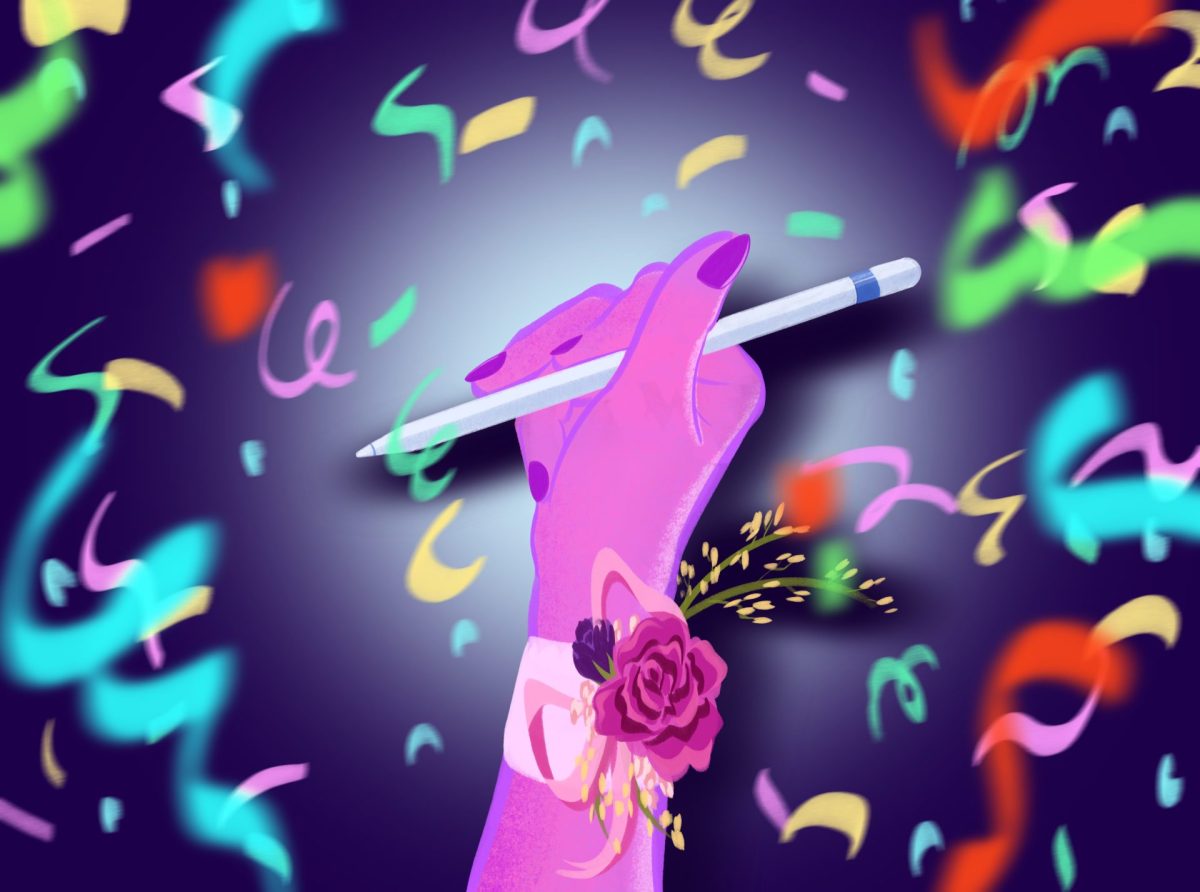
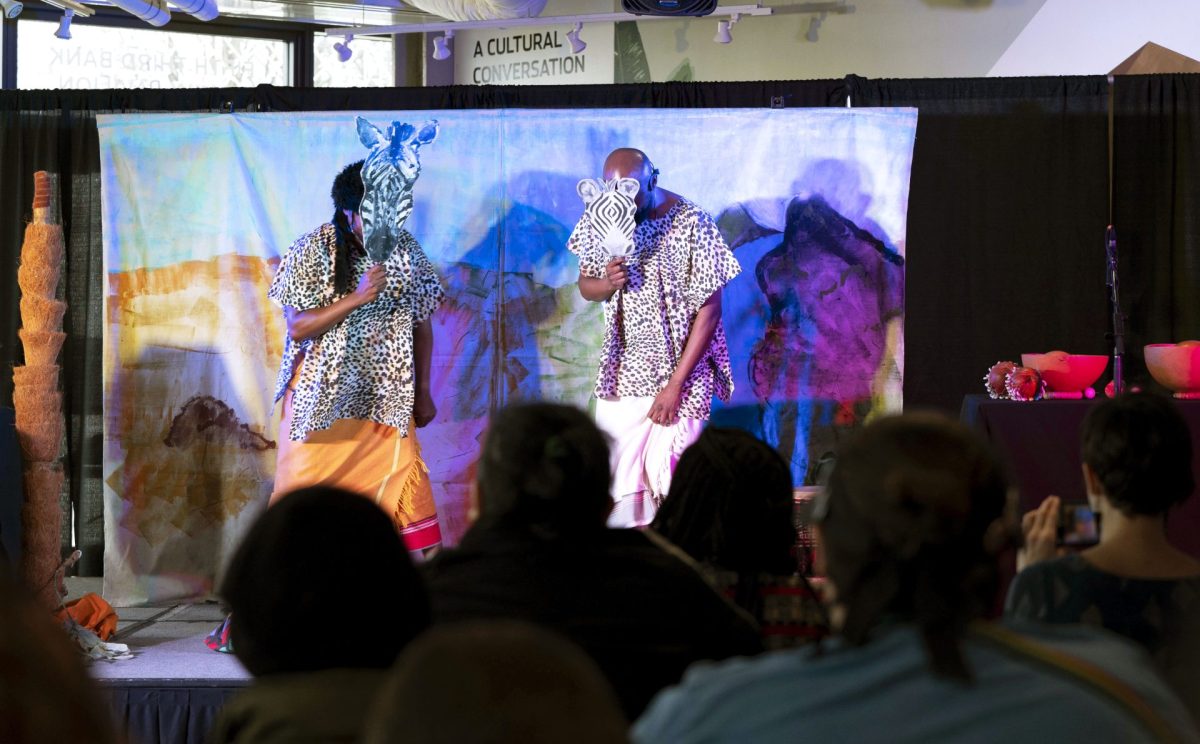
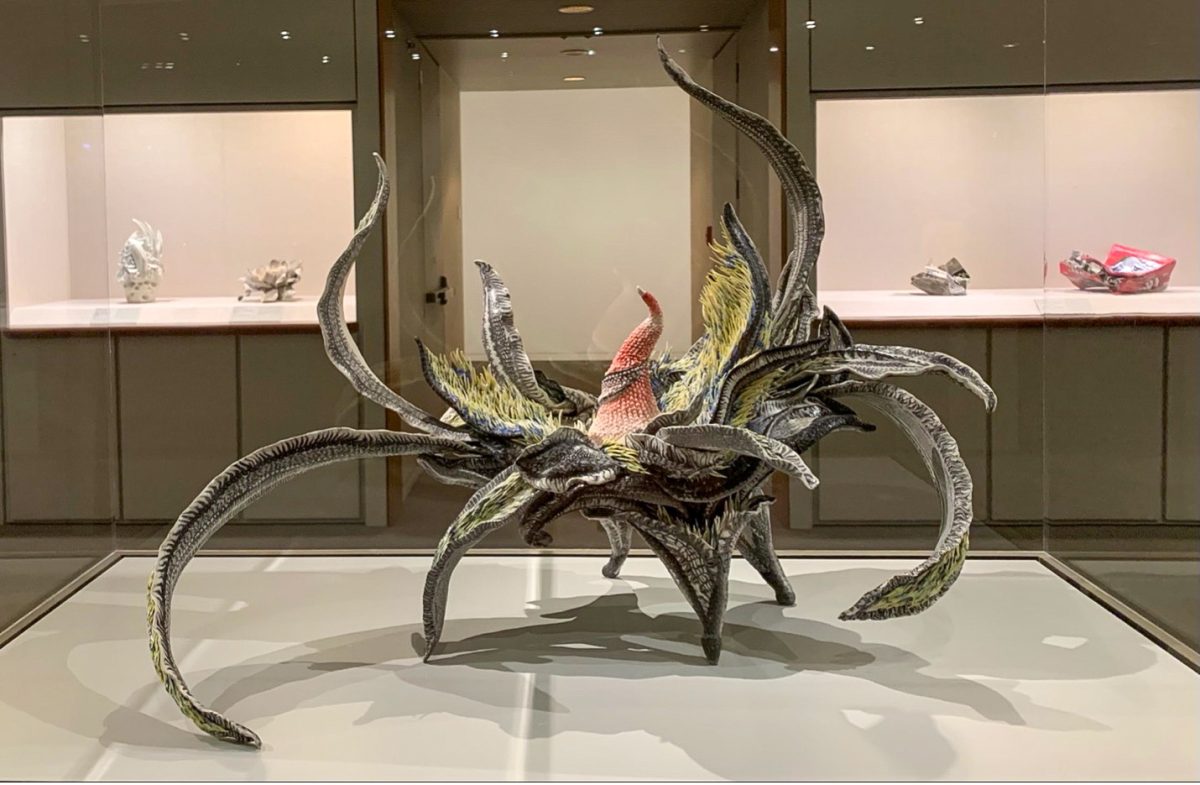
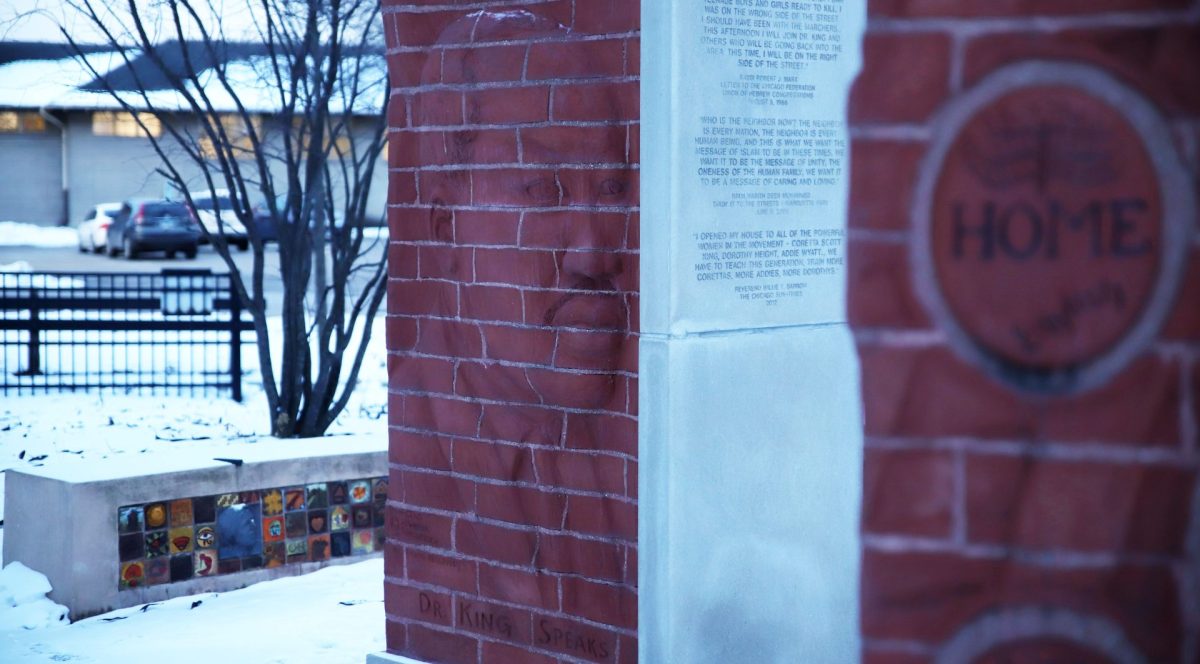
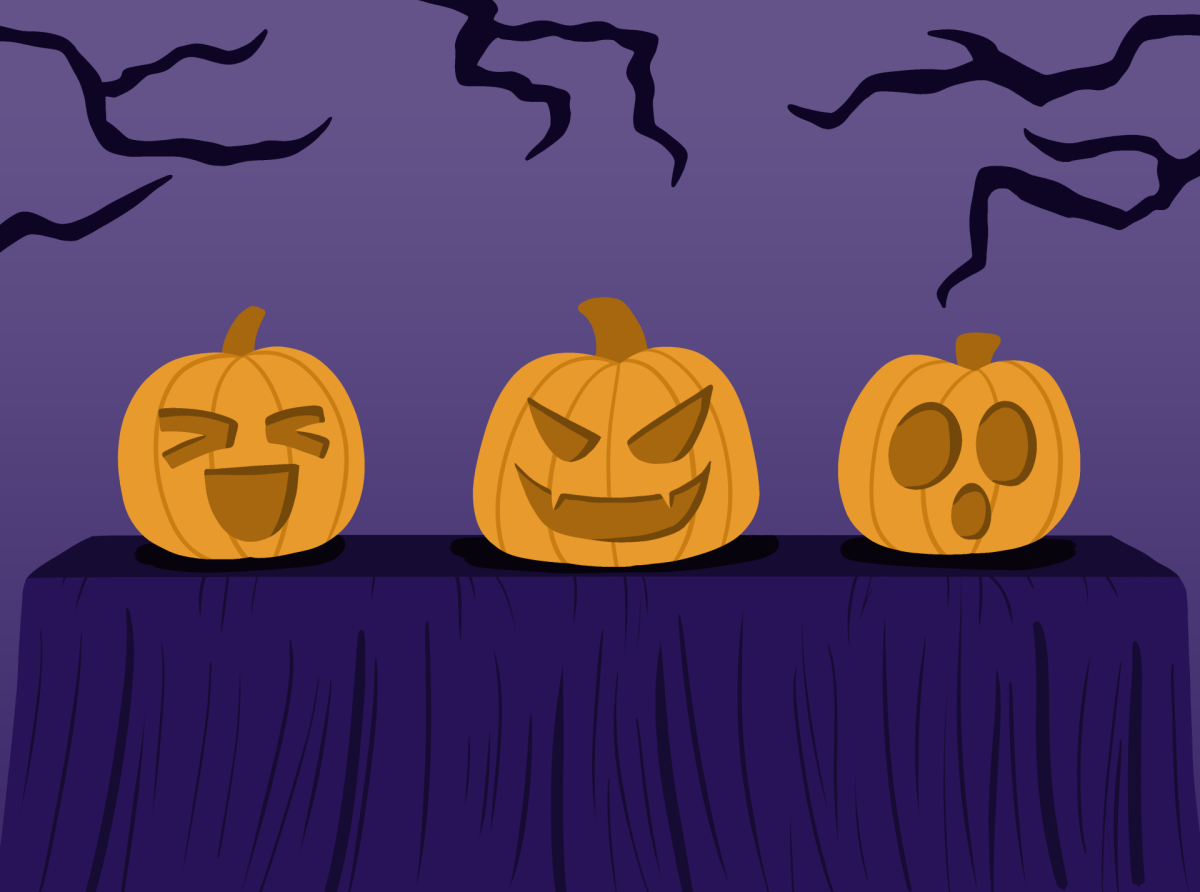
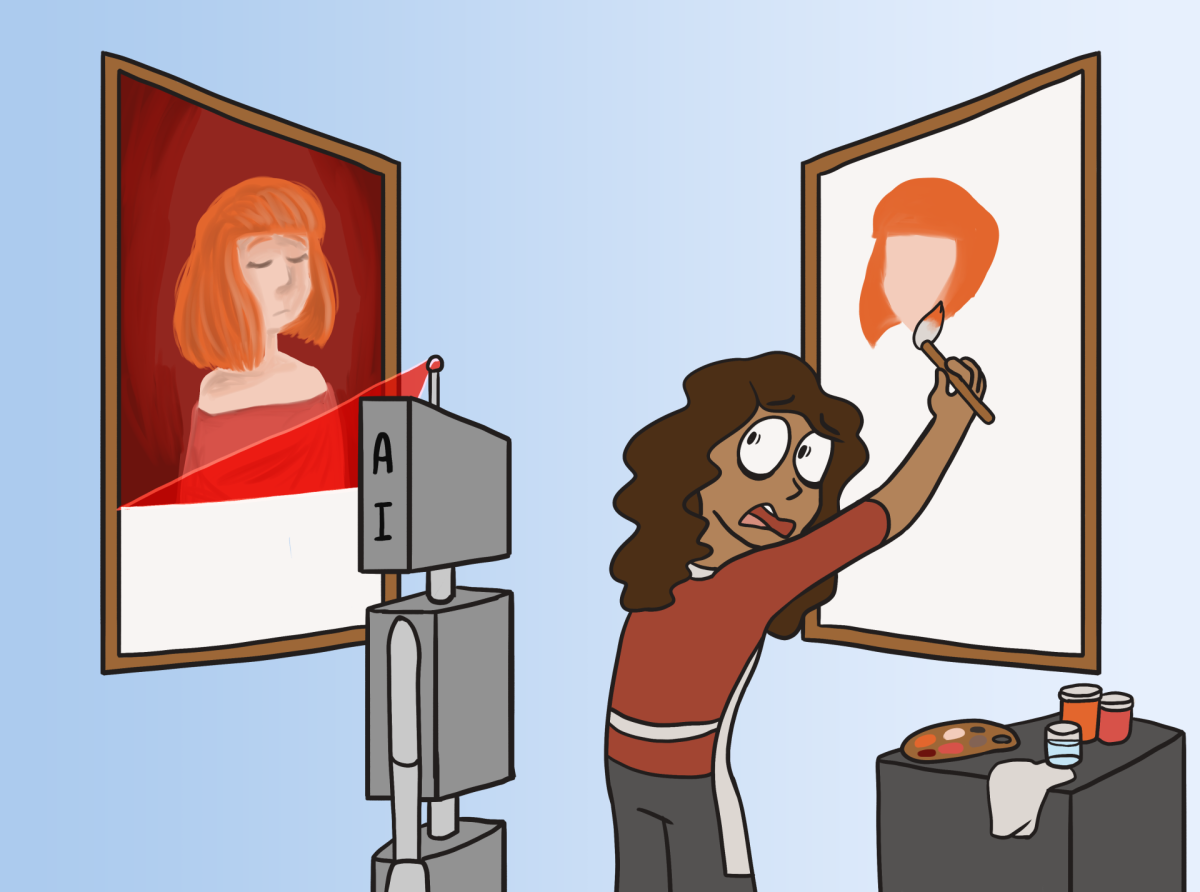
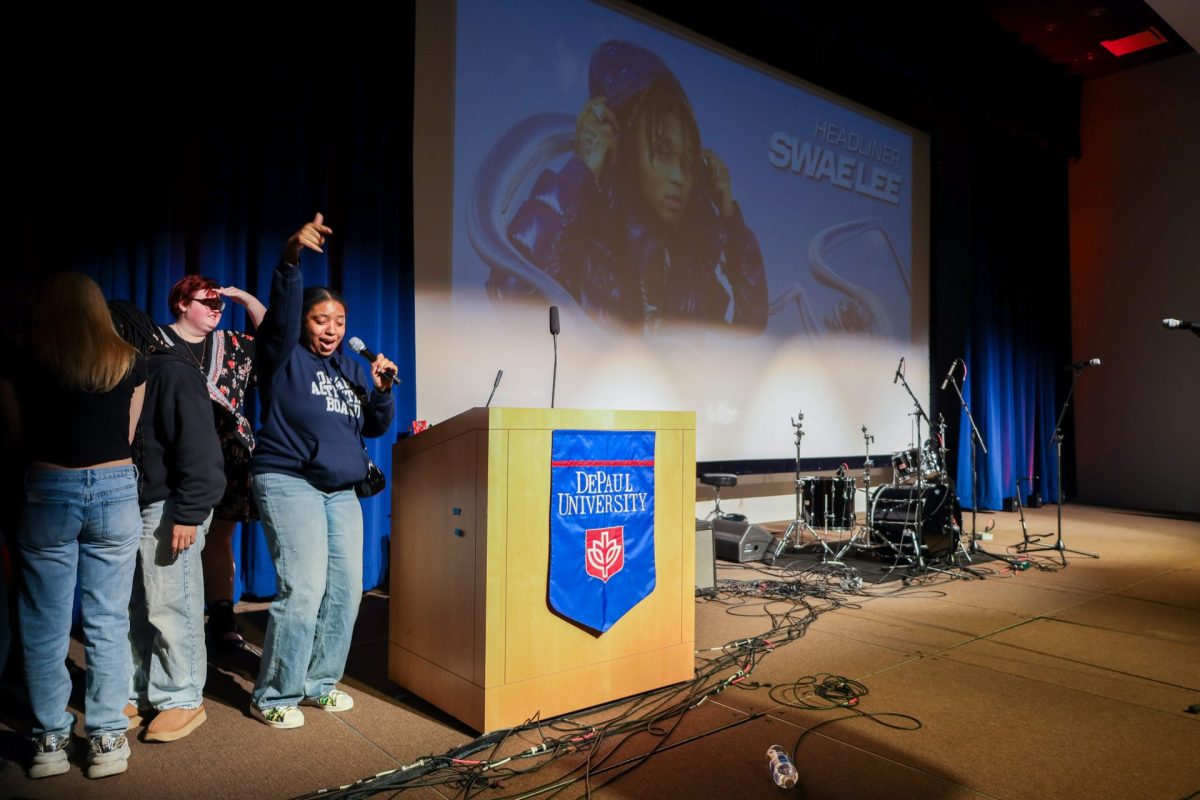
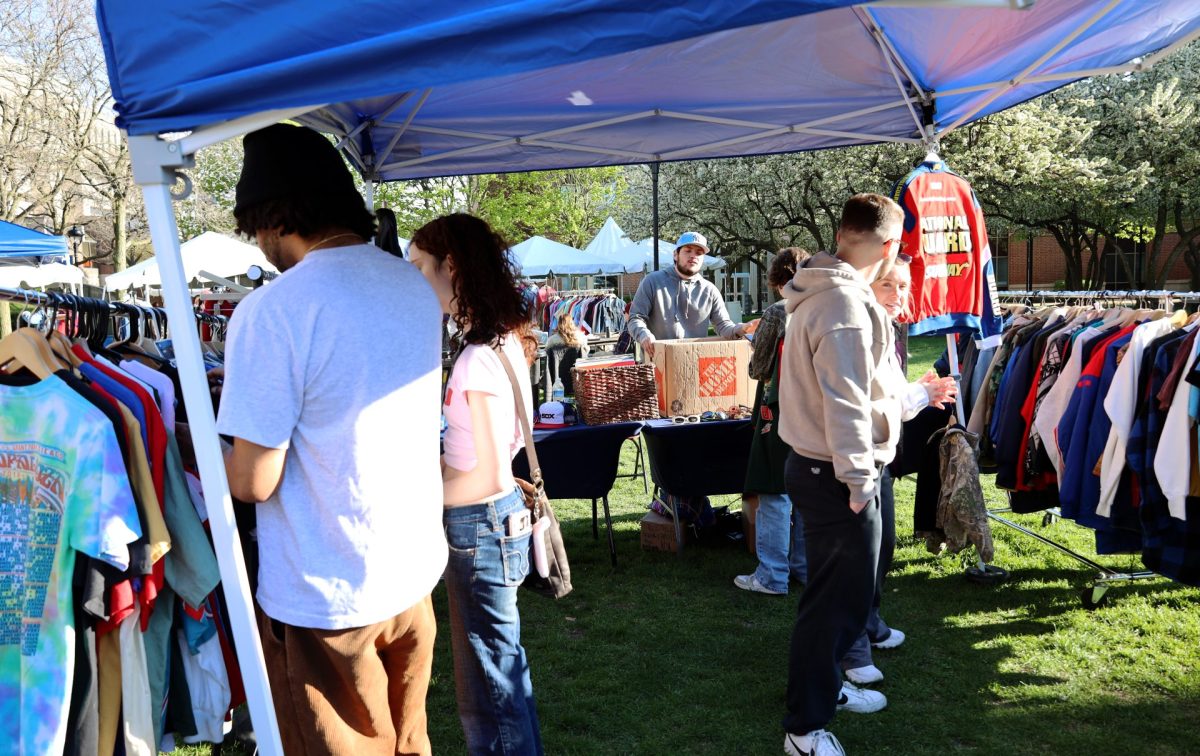
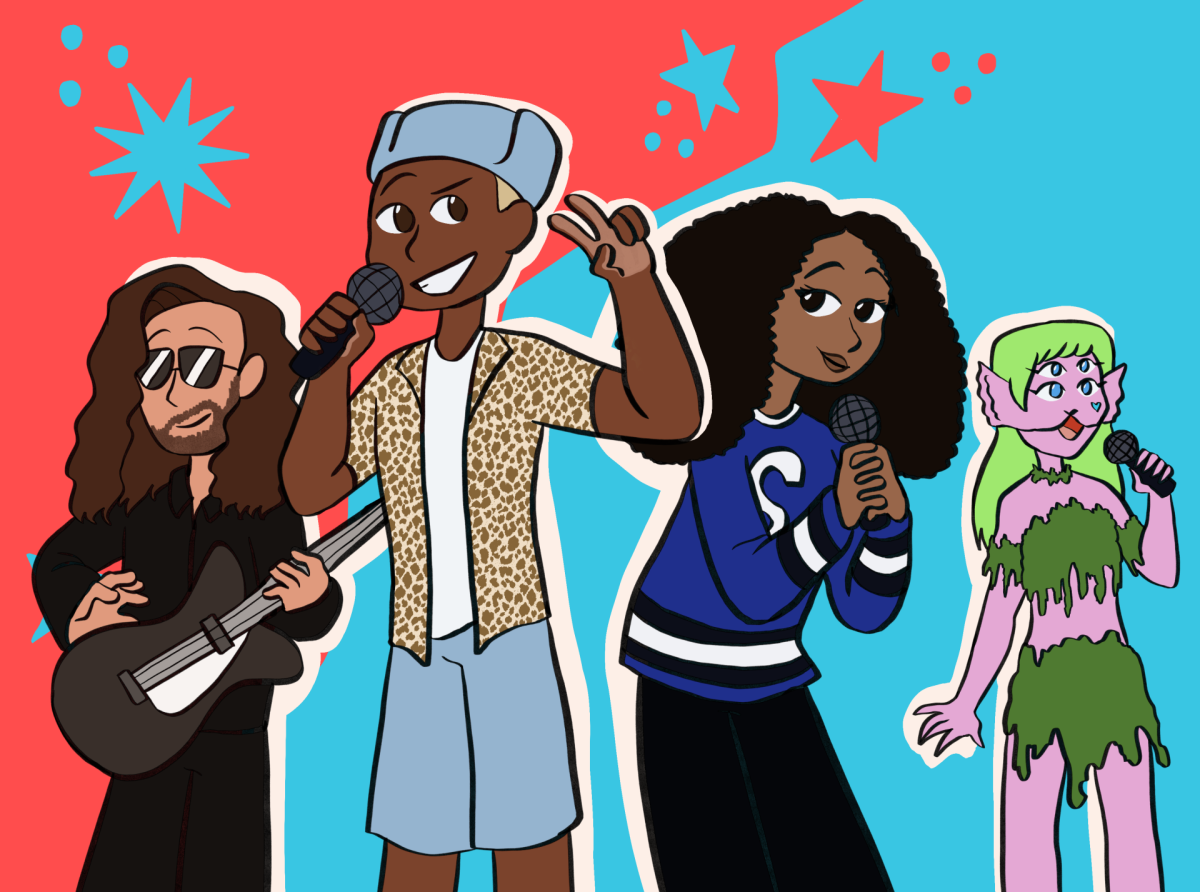
![DePaul sophomore Greta Atilano helps a young Pretty Cool Ice Cream customer pick out an ice cream flavor on Friday, April 19, 2024. Its the perfect job for a college student,” Atilano said. “I started working here my freshman year. I always try to work for small businesses [and] putting back into the community. Of course, interacting with kids is a lot of fun too.](https://depauliaonline.com/wp-content/uploads/2024/04/ONLINE_1-IceCream-1200x800.jpg)

